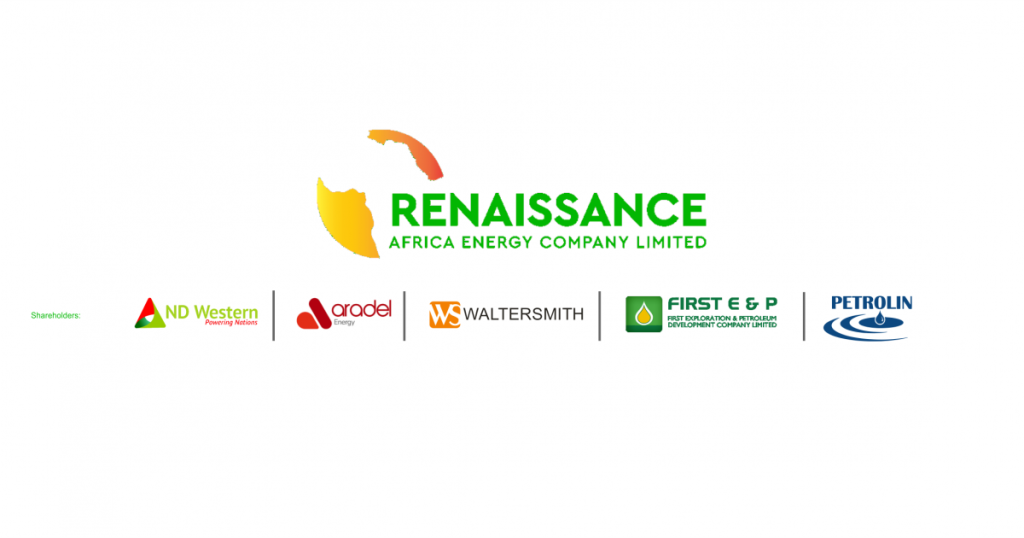Dr. Layi Fatona, a veteran petroleum geologist and Chairman of Renaissance Africa Energy Company, delivered a stark assessment of the role of international oil companies (IOCs) in Nigeria. He argued that these companies are primarily driven by profit, readily divesting their assets once returns diminish. This profit-driven approach necessitates a proactive stance from indigenous companies, preparing them to assume control of these assets and ensure the continued development of Nigeria’s energy sector. Fatona’s remarks, delivered at the Oida Fireside Chat, an industry forum sponsored by Oida Energy Group, highlighted the crucial need for local capacity building and strategic partnerships within the Nigerian oil and gas industry. He underscored the importance of indigenous participation, emphasizing that the departure of IOCs presents both a challenge and an opportunity for Nigerian businesses.
Fatona’s experience spanning five decades in the industry provided valuable insights into the dynamics of asset acquisition and the importance of collaborative efforts. He recounted the successful acquisition of Shell Petroleum Development Company Limited’s (SPDC) assets by Renaissance Africa Energy Company Limited, a feat achieved through the formation of a consortium of indigenous companies. This collaborative approach, he explained, was essential to pooling the necessary resources and expertise, overcoming the limitations of individual companies in securing such a significant acquisition. Fatona stressed that losing the SPDC assets to a foreign entity would have been a significant setback for Nigeria, emphasizing the strategic importance of retaining control of these valuable resources within the country.
The formation of the Renaissance Africa consortium, Fatona explained, was driven by the shared objective of acquiring SPDC’s assets. The consortium’s success, he attributed to the pre-existing partnership within ND Western Limited, which served as a foundation for the larger collaborative effort. This demonstrated the power of strategic alliances in achieving complex and capital-intensive ventures. Fatona emphasized that the acquisition of SPDC would have been impossible for any single indigenous independent company, highlighting the critical role of collaboration in empowering local players to compete effectively in the oil and gas sector.
Beyond the acquisition of assets, Fatona addressed the crucial aspect of human capital development within the industry. He identified this as a significant challenge for independent companies, emphasizing the need for specialized skills and experience within the petroleum sector. He cautioned against relying on readily available, unskilled labor, stressing the importance of targeted training and development programs to equip local talent with the expertise required to operate and manage complex oil and gas operations. This emphasis on human capital underscores the long-term vision required for sustainable growth and development within the industry.
Furthermore, Fatona advocated for embracing unconventional financing methods, dismissing concerns about credit scarcity stemming from climate activism. He highlighted the availability of local funding options, encouraging companies to explore and utilize these resources to support their operations. This proactive approach to financing, he argued, is essential for mitigating the impact of external factors and ensuring the continued development of Nigeria’s energy resources. His perspective underscores the importance of financial independence and resourcefulness in navigating the evolving landscape of the energy sector.
Fatona’s remarks also touched upon the broader debate surrounding energy transition and climate change. He maintained that fossil fuels will remain a significant component of Nigeria and Africa’s energy mix for the foreseeable future. Emphasizing the importance of affordable energy access for development, he argued that this should be prioritized over climate-related concerns. While acknowledging the emergence of new energy sources, he asserted that these are not yet mature enough to replace oil and gas in meeting the continent’s energy demands. This perspective highlights the complex balancing act between addressing climate change and ensuring access to reliable and affordable energy for economic development. Furthermore, he argued that Africa, including Nigeria, deserves access to affordable energy sources to fuel its development and industrialization, suggesting a more nuanced approach to the global energy transition.
The Oida Energy fireside chat, hosted by broadcaster Ms Adefemi Akinsanya, brought together prominent figures in the industry, including Emeka Ene, the outgoing Chairman of the Board of Trustees of the Society of Petroleum Engineers in Nigeria; Dr. Riverson Oppong, the Africa Regional Director of SPE; and Olivier Houzé, the President of SPE International. The event, organized by Oida Energy Group, which comprises sister companies Xenergi Limited and Empower FZE, showcased the company’s expertise in well intervention and brown asset development. Xenergi Limited’s focus on natural gas processing and Empower FZE’s infrastructure development through free trade zones and eco-industrial parks demonstrate the group’s commitment to advancing Nigeria’s energy infrastructure.
Finally, Fatona shared his experience pioneering integrated onsite operations at the Ogbele marginal field. He explained that this innovative approach was a strategic response to the challenges of gas flaring penalties and production losses due to theft and vandalism. The integrated operations model at Ogbele, he noted, has become a model for resilience and efficiency in the face of these operational challenges, showcasing the potential for innovative solutions to address complex issues within the oil and gas sector. This example highlights the importance of adaptability and strategic thinking in maximizing the value of marginal fields and contributing to sustainable development.


